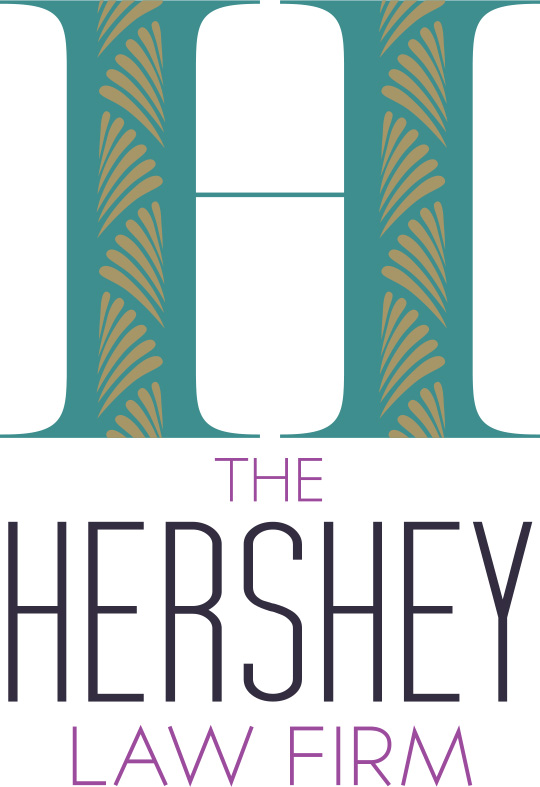If only we could be kids for life. Get paid a weekly allowance for completing a list of chores and then spend every penny at the mall on items we probably don’t need. Sadly, many grown-ups in South Florida do the exact same thing; however, they get their “weekly allowance” for going to work. They are no longer purchasing baseball cards, action figures, or anything at Toys R Us. They are now purchasing vehicles they can’t afford, big screen TVs, handbags and shoes. What hasn’t sunk in is that as an adult, family and household expenses (mortgage, HOA, healthcare, daycare, food) should be the #1 priority, and then all toys and vacations should be purchased next. Although most would agree, many South Floridians live credit card rich. Sounds great, but what happens when reality sinks in and you decided to buy that big screen television to watch the Superbowl as opposed to paying your HOA dues? Beware; your house can be foreclosed on!
“The association has the right to foreclose regardless of whether you are current or not on your mortgage payments”
If you live in a house, townhouse or condominium that is part of a common interest community in Florida, you are responsible for paying dues and assessments to the homeowners association (HOA) or condominium association (COA). If you do not pay, the HOA or COA will get a lien on your property and foreclose. You might think, “Well I paid my mortgage payment, so nothing will happen to my property.” Wrong. The association has the right to foreclose regardless of whether you are current or not on your mortgage payments.
If you are in the Fort Lauderdale, Miami, or West Palm Beach area and are facing an HOA or COA foreclosure and/or want to offer a settlement to the HOA or COA to become current, contact The Hershey Law Firm, P.A. at (954) 303-9468. We can help protect you from any potential consequences of an HOA or COA foreclosure.





